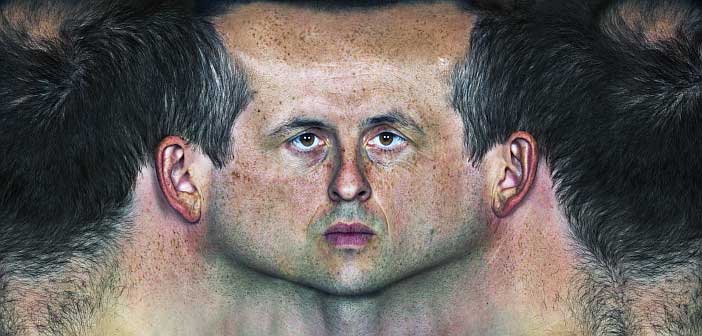Source: matthewherbert.com
Matthew Herbert’s range of innovative work extends from numerous albums, Ivor Novello nominated film scores as well as music for Broadway and TV. He has performed solo, as a DJ, with his big band, and with musicians as diverse as Bjork and Dizzee Rascal.
Matthew Herbert’s personal contract
This is a template for my own work and not intended to be a definitive formula for writing music, either by me or by other people.
- The use of sounds that exist already is not allowed. Subject to article 2. In particular:
- No drum machines.
- No synthesizers.
- No presets.
- Only sounds that are generated at the start of the compositional process or taken from the artist’s own previously unused archive are available for sampling.
- The sampling of other people’s music is strictly forbidden.
- No replication of traditional acoustic instruments is allowed where the financial and physical possibility of using the real ones exists.
- The inclusion, development, propagation, existence, replication, acknowledgement, rights, patterns and beauty of what are commonly known as accidents, is encouraged. Furthermore, they have equal rights within the composition as deliberate, conscious, or premeditated compositional actions or decisions.
- The mixing desk is not to be reset before the start of a new track in order to apply a random eq and fx setting across the new sounds. Once the ordering and recording of new music has begun, the desk may be used as normal.
- All fx settings must be edited: no factory preset or pre-programmed patches are allowed.
- Samples themselves are not to be truncated from the rear. Revealing parts of the recording are invariably stored there.
- A notation of sounds used to be taken and made public.
- A list of technical equipment used to be made public.
- Optional: Remixes should be completed using only the sounds provided by the original artist.
Matthew Herbert (2005), revisited 2011

